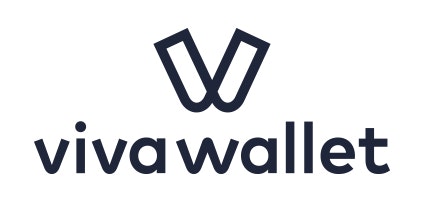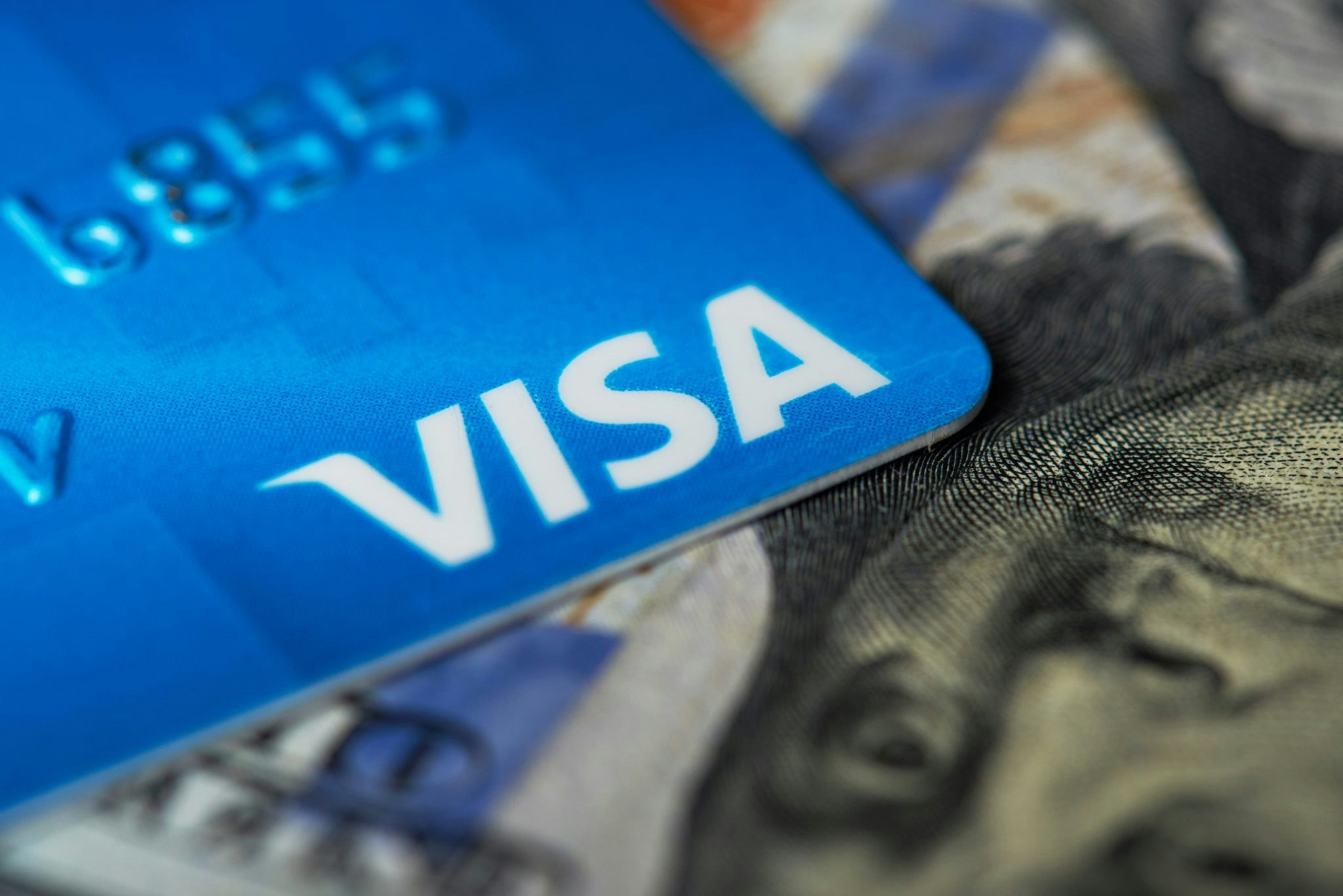The Digital Services Act (DSA) and the Digital Markets Act (DMA), two pieces of legislation which were recently adopted by the EU to update rules and regulation in the use of digital services, are expected to come into force soon.
Though European regulators usually claim to have Big Tech in mind when creating new rules, often these policies affect all European businesses — especially online platforms, such as marketplaces.
So what do European businesses, and in particular ecommerce marketplaces, need to know — and can payments tech continue to support the provision of payment services in such a fragmented market? We asked the experts.
What does the DSA mean for ecommerce?
The DSA aims to give users more control over what they see online. It’ll limit the use of sensitive user data for targeted advertising and users will have more information over why specific content is recommended to them.
The marketplace needs to know their sellers' businesses and perform the necessary due diligence
It also allows users to flag illegal goods, services and content, challenge content decisions and seek redressal for damages or losses. The DSA places extra restrictions on Big Tech by allowing users to pick the algorithm for their feeds.
For George Sinanis, chief operating officer at neobank Viva Wallet UK, the new policies can be both a challenge and an opportunity for European ecommerce businesses.
The DSA makes it a requirement for platforms to know who the sellers offering products on their platform are. Sinanis says that in crowded marketplaces, consumers will naturally want to know if products and services are reliable and credible — put simply, whether something is worth their money or not.
“The marketplace needs to know their sellers' businesses and perform the necessary due diligence (KYB — Know Your Business) to ensure the quality of service, which leaves them two options: either set up a stringent onboarding process or find a partner to do that for them,” he says.
What does the DMA mean for ecommerce?
The DMA claims to specifically target Big Tech “gatekeepers” — defined as marketplaces that have a market cap of at least €75bn or annual turnover of at least €7.5bn — aiming to level the playing field.
It’s not a sweeping legislation that’s putting shackles on every single tech business out there
The regulation will lay down guidelines for big platforms to stop them from imposing unfair conditions on businesses and consumers. Additionally, it’ll let users move between platforms without losing their data, enable the installation of third-party app stores and allow apps to use third-party payment systems.
Dimple Patel, chief operating officer at independent boutique platform Trouva, says that the definition of gatekeeper ensures that only a handful of Big Tech companies are targeted: “It’s not a sweeping legislation that’s putting shackles on every single tech business out there.”
Sinanis says that the DMA forces Big Tech to open up business partnerships which benefit all players. For payments, this means that Big Tech platforms will allow multiple other app stores for which they may incorporate other payment methods.
Harry Xenophontos, director of global strategic partnerships at Viva Wallet, says that this will also help online platform sellers define their own terms in partnerships.
“For example, it’ll enable marketplaces to choose their own payment service provider or payment systems and help them set their own prices and other terms as they’ll not be forced to give a big margin to the gatekeeper,” he says.
How can small and medium-sized tech stay ahead of the curve?
The policies carry significant fines for non-compliance — up to 20% of sales for violating the DMA and up to 6% for violating the DSA — and the risk of being banned from acquisitions for a period or barred from operating in the EU altogether.
Xenophontos says that cross-border payment providers, like Viva Wallet, simplify the application of DSA and DMA obligations to marketplaces by providing ready-made, out-of-the-box compliant marketplace payment solutions across the whole of Europe, addressing it as a single payments space despite its legal framework fragmentation.
Ecommerce businesses could leverage the experience and know-how of payments providers who already utilise seamless and automated advanced technologies
He adds that operating in 24 different countries also makes the organisation agile in adapting to diverse markets: “Having localised products helps platforms simplify their omnichannel marketplace offerings, while meeting local regulatory requirements.”
Patel says ecommerce startups could look at the new regulations from a benefit-analysis standpoint.
“Look at potential cost savings and who’s providing your payments,” she says. “If you have an app, you can also use third-party payment providers within an app now, which you couldn’t do before.”
Sinanis agrees, saying that businesses, especially marketplaces both in the digital and offline world, should not waste time looking for legal consultation or waiting for service providers and the market to adapt — instead, they should choose a solution that can be integrated fast and with ease.
“Ecommerce businesses could leverage the experience and know-how of payments providers who already utilise seamless and automated advanced technologies, and have KYB processes in place,” he adds.
Paving the path for social responsibility — and growth?
Though compliance may be painful for all businesses in the short term, the experts say policies will eventually lead to a more equal and transparent landscape, making way for sustainable growth of Europe’s ecommerce ecosystem.
“The purpose of the legislation is very much around driving more innovation and creating a more competitive environment which, in the longer term, will lead to a much stronger growth profile for European tech,” says Patel.
We’ll also have to do it in a way that’s more responsible — and that’s really, really important when we think about the power Big Tech companies hold in terms of social impact, consumer behaviour, public opinion and so on
For Xenophontos, the new regulations to make ecommerce platforms more reliable for users plays to the strength of smaller players to adapt quickly. He adds even Big Tech players should be on the look-out for meaningful partnerships in order to keep up with the competition.
While it remains to be seen how the policies will be enforced practically, European laws often impact global standards — and the DMA and DSA could be the start of Big Tech being held in check, across the globe.
“Fintechs, such as Viva Wallet, are aligning product strategies to support businesses in keeping up with regulation, while meeting their growth potentials,” Xenophontos says.
Patel agrees that the regulations present an opportunity for startups to push for a competitive edge.
“We’ll also have to do it in a way that’s more responsible — and that’s really, really important when we think about the power Big Tech companies hold in terms of social impact, consumer behaviour, public opinion and so on.”




